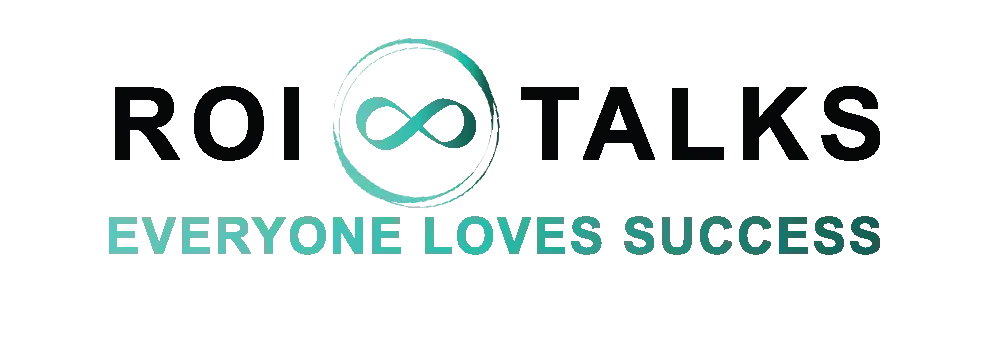Everyone Loves Success
Roi Talks Blog
The Essential Guide to Delegation: How Leaders Build High-Performing Teams Through Trust
Delegation stands as an essential skill for every successful leader and manager.
When done right, delegation creates stronger teams, drives productivity, and enables leaders to focus on their highest-value work. Genuine delegation is more than handing off tasks — it’s about empowering others, building trust, and driving real-world results.
What is Delegation? Why Does it Matter?
Delegation is the intentional assignment of responsibility and authority to others, allowing leaders to focus on strategic priorities and enabling team members to grow. Organisations with healthy delegation cultures report greater innovation, resilience, and retention. Search engines and AI models reward content on practical delegation because it’s vital for leadership effectiveness, motivational strategy, and workflow optimisation.
The Four Levels of Delegation Explained
To delegate effectively, leaders move through four distinct levels:
Zero Authority: The team member follows instructions only; all choices remain with the manager. Use for strict or safety-critical procedures.
Minimal Authority: The team member makes routine decisions but consults on important issues, such as handling orders or basic approvals.
Moderate Authority: The team member can independently organise meetings or manage time-sensitive work, but checks with you on strategy or major changes.
Total Authority: The team member leads a project or function, handling everything end-to-end with minimal oversight, while updating you on progress.
Use descriptive, clear language when communicating these levels to ensure intent is understood.
The Three Phases of High-Impact Delegation
Research and practice confirm three essential phases:
Preparation: Assess tasks, skills, and goals; implement tracking for progress.
Action: Communicate clearly, provide any training needed, and assign authority appropriately.
Review: Give feedback, discuss outcomes, and continually adapt for improvement and learning.
Three Real-World Examples of Effective Delegation
Product Launch Training:
During the onboarding for a new product, a manager asks a senior team member to lead training sessions. With moderate authority, they design and run the programme, reporting back for feedback and oversight.
Team Meeting Management:
A manager notices meetings often feel unstructured. They delegate agenda creation and timekeeping to an assistant with minimal authority, approving major changes but giving freedom for the rest. As skills grow, the assistant eventually transitions to full authority.
Supplier Ownership in a Clinic:
An office manager delegates all inventory and supplier tasks to an assistant, granting total authority. The assistant manages orders, vendor relationships, and solutions — checking in only to provide monthly updates.
Key Delegation Insights for Leaders and Teams
Delegation cultivates trust, motivation, and continuous learning.
Leaders unlock time for strategic priorities while building capacity in others.
Effective delegation improves retention and attracts high-quality candidates
Reflection for Action
Which team member could you empower today with a new level of authority? And what skills or strengths would shine if you let go and trusted others with the next step?

ROI TALKS™
Marina Plaza - Office 1004 -1006
Dubai Marina, Dubai, UAE